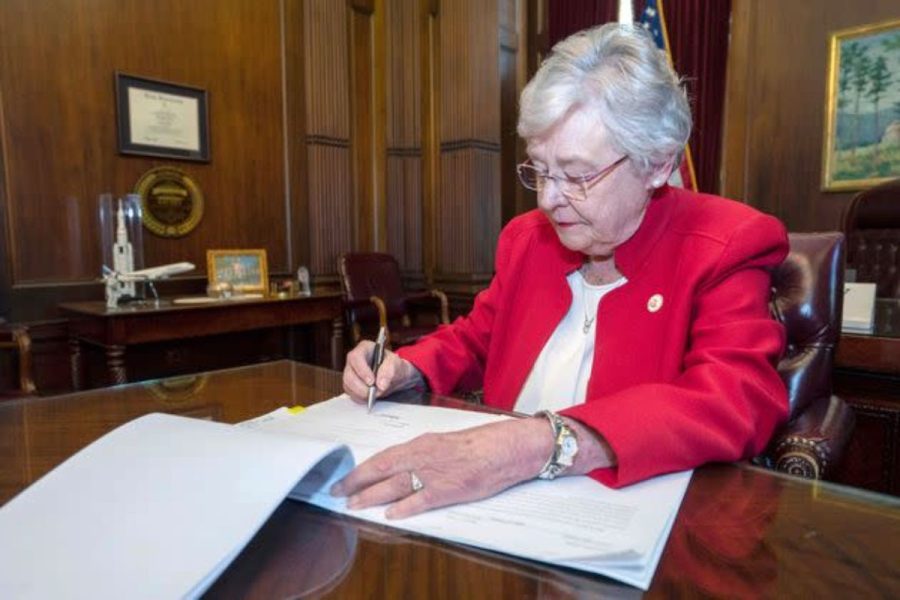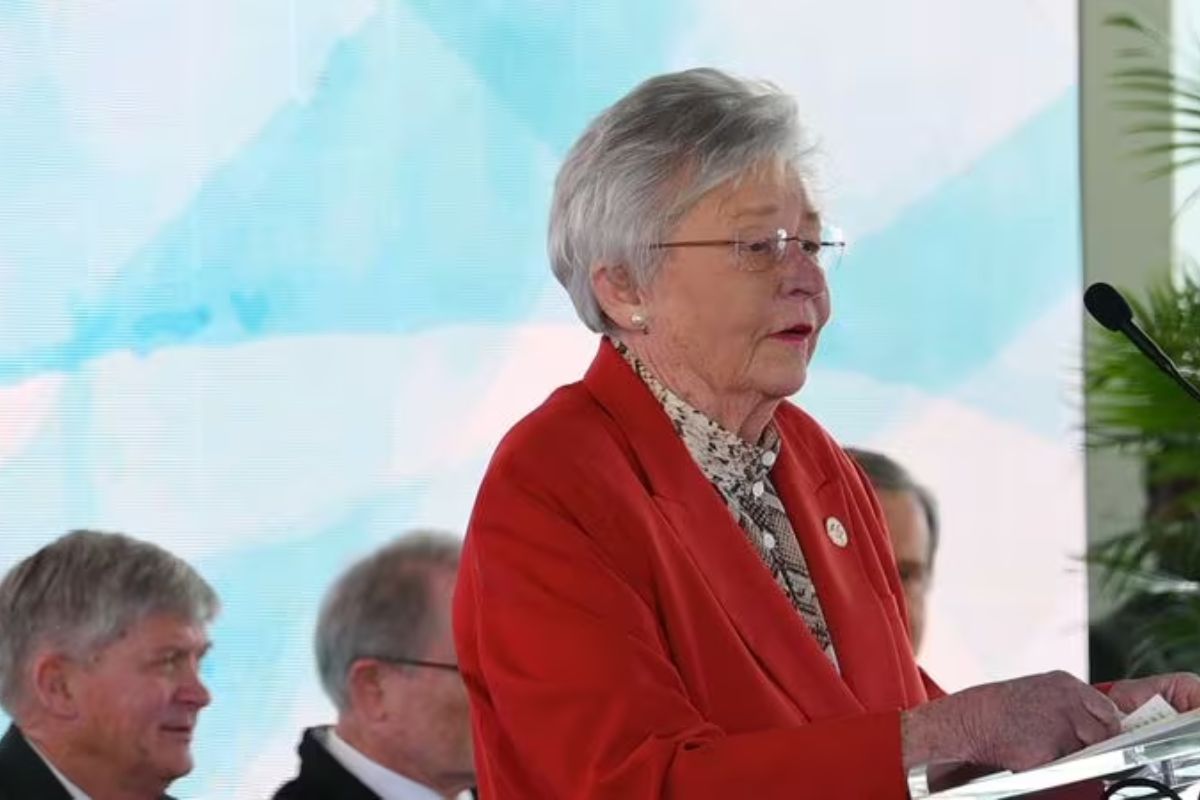Alabama Gov. Kay Ivey Tackles IVF Challenges: In recent developments, Alabama Governor Kay Ivey has taken a proactive stance on addressing the intricate challenges surrounding In Vitro Fertilization (IVF) within the state.
As the issue gains traction, Governor Ivey’s approach signals a pivotal moment in the ongoing debate.
Amidst varying perspectives and legal complexities, the question remains: what path will Alabama ultimately choose to navigate the complexities of IVF regulations?
The unfolding discourse between policymakers, medical professionals, and advocacy groups underscores the pressing need for a comprehensive and sustainable solution to this complex issue.
Alabama Leaders Mobilize to Address Legal Implications of IVF Ruling
In response to a recent Alabama Supreme Court ruling that granted legal standing to frozen embryos created through IVF, Governor Kay Ivey of Alabama has taken proactive measures to collaborate with state lawmakers in addressing the complex legal implications affecting in vitro fertilization programs statewide.
The ruling has sparked a wave of uncertainty, leading to the suspension of operations in various IVF programs across the state. Governor Ivey’s swift action in mobilizing state leaders reflects a commitment to finding solutions to the intricate challenges posed by the court’s decision.
By engaging with lawmakers, Governor Ivey aims to navigate the intricate legal landscape surrounding IVF practices, ensuring that the rights of all parties involved are protected. This collaborative approach underscores the seriousness with which Alabama’s leadership is tackling the issue, recognizing the need for clarity and guidance in a rapidly evolving legal environment.
Governor Ivey’s proactive stance sets the stage for comprehensive discussions and potentially impactful legislative responses to safeguard the integrity and viability of IVF programs in Alabama.
Government Response and Legislative Action
Governor Kay Ivey of Alabama, in collaboration with key legislators, is actively engaging in crafting legislative measures to address the intricate legal ramifications arising from the recent Alabama Supreme Court ruling on IVF.
Recognizing the profound impact on couples seeking fertility treatments, Governor Ivey’s focus on fostering a ‘culture of life’ underscores the complexity of balancing legal considerations with the deeply personal nature of IVF.
Republican Senator Tim Melson and House Speaker Nathaniel Ledbetter are working alongside Governor Ivey to ensure proposed legislation aligns with Alabama’s values while safeguarding the interests of families and the sanctity of life.
The collaborative effort aims to provide clarity and guidance to IVF clinics, enabling them to continue supporting individuals on their journey to parenthood.

READ MORE: GOP Faces Concerns as IVF Services Face Restrictions in Alabama
Legislative Proposals and Democratic Response
The Democratic response to the legislative proposals surrounding IVF in Alabama underscores a distinct approach aimed at clarifying the legal status of fertilized human eggs or embryos outside the uterus. In light of the recent Supreme Court ruling, House Minority Leader Anthony Daniels and three other Democratic lawmakers have introduced a bill challenging the classification of these entities as unborn children or human beings under state law. This proposed legislation seeks to provide clarity on the legal standing of fertilized eggs and embryos in the context of IVF procedures.
Conversely, Senator Tim Melson, a Republican from Florence, has taken a different stance by announcing his intention to introduce a bill that aims to protect IVF practices from potential legal challenges. This indicates a divide in the legislative response to IVF challenges in Alabama, with Democrats focusing on the legal status of fertilized eggs and embryos, while Republicans prioritize safeguarding IVF procedures. The contrasting approaches highlight the complexities and ethical considerations surrounding assisted reproductive technologies in the state.
News in Brief
Alabama Gov. Kay Ivey takes decisive action on IVF challenges following a recent Supreme Court ruling granting legal standing to frozen embryos. Swiftly mobilizing state leaders, Governor Ivey collaborates with lawmakers to navigate the intricate legal landscape affecting IVF programs statewide. Amidst uncertainty leading to program suspensions, Ivey’s proactive stance aims to protect the rights of all involved parties. Engaging in comprehensive discussions and legislative measures, including proposed bills by both Democrats and Republicans, reflects Alabama’s commitment to finding solutions. The contrasting approaches underscore the complexities and ethical considerations surrounding IVF in the state. Stay tuned for updates on this evolving issue.
Our Reader’s Queries
What is the Alabama ruling on IVF?
A week post the state Supreme Court’s decision, Attorney General Marshall asserts embryos, regardless of location, are deemed children under Alabama’s Wrongful Death of a Minor Act. This designation enables parents to pursue punitive damages through legal action in case of a child’s death.
What is going on with IVF in Alabama?
Alabama’s largest hospital declares a halt to shipping embryos out of state or to other facilities, days after temporarily suspending IVF treatments. This decision follows a recent state Supreme Court ruling categorizing frozen embryos as children.
How many IVF clinics are in Alabama?
Alabama’s Embryo Ruling Impacts IVF: Two out of eight IVF clinics in the state announce partial treatment pauses. Explore the potential implications for IVF nationwide.
Why did Alabama pause IVF?
Alabama IVF Providers Halt Treatment Post Court Ruling on Frozen Embryos. The recent Alabama Supreme Court decision classifying frozen embryos as children under state law sparks concerns over potential impacts on in vitro fertilization (IVF).

